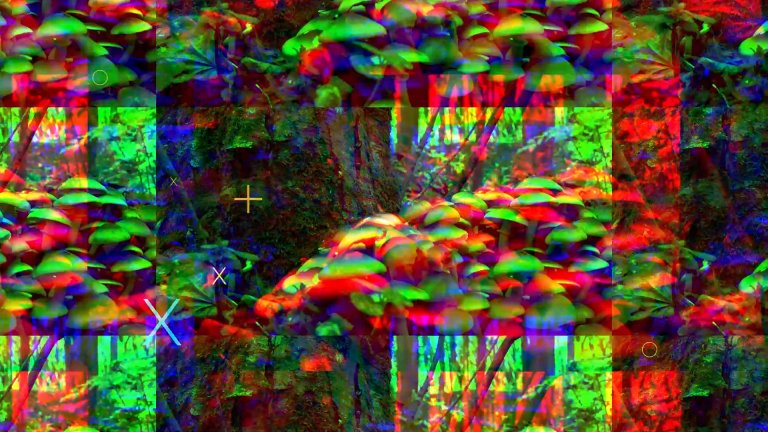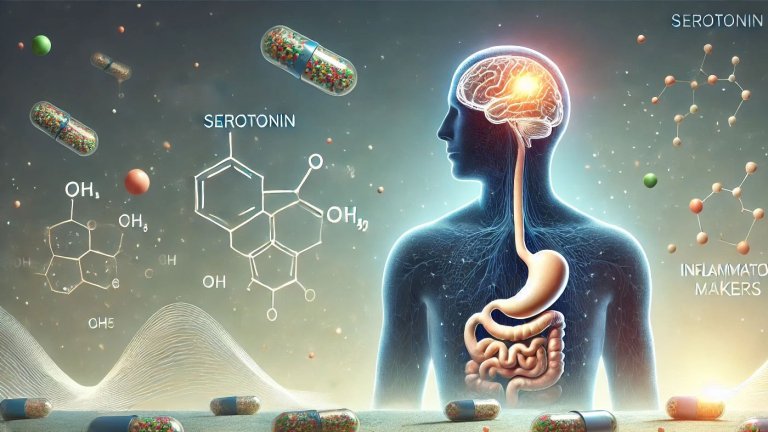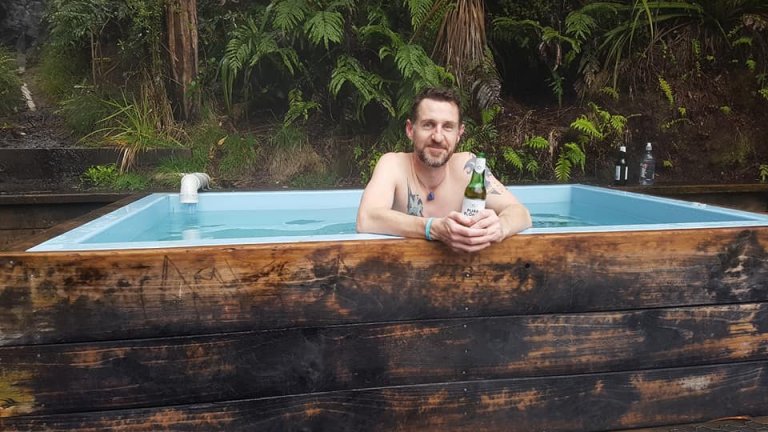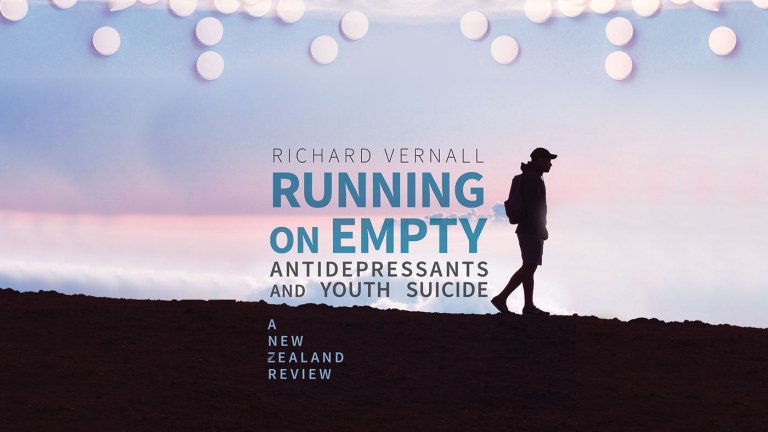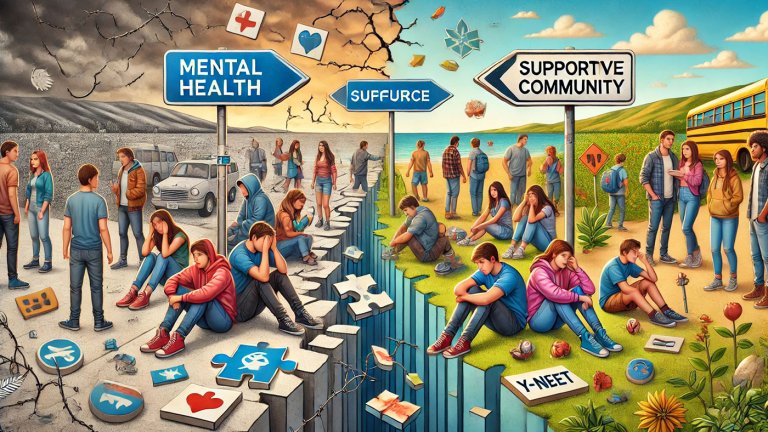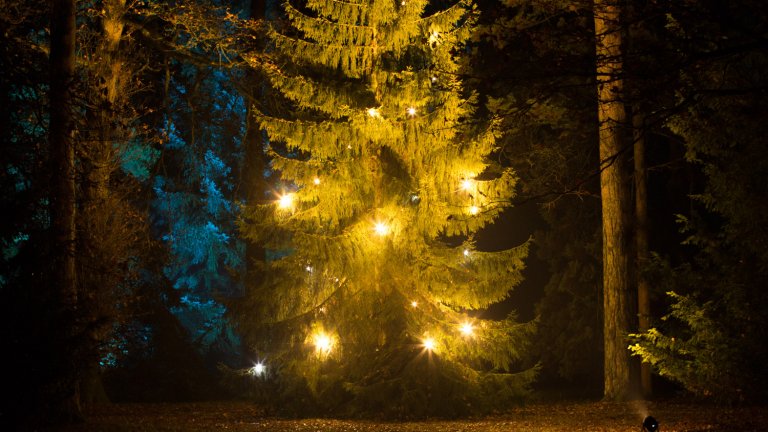From office to the the Amazon
When it comes to sales and Marketing, James Wheable is at the top of his game. Being in the industry over 22 years he has worked with countless clients and trained many others to go on to greatness.
Originally from the United Kingdom, James moved to New Zealand in 2003 And has since settled down with his partner and two children.
James eventually came to acknowledge that in his mid-thirties, he had suffered bouts of depression most of his life. He had one particularly rough episode in 2012 and decided that he needed to change his perspective on life. James says, “since then, I have experimented with a number of self-development techniques”.
In mid-2018 James started to recognize that his mental health was needing some nurturing, so he went away on a holiday in Bali to relax from work. During this time, he finished reading a book by Michael Pollan called “How to Change Your Mind: What the New Science of Psychedelics Teaches Us About Consciousness, Dying, Addiction, Depression, and Transcendence”. After reading the mammoth of a book, James felt inspired by the benefits of ayahuasca, “it can basically be like a reset for the brain and has been known to have a positive effect on people who suffer from depression, anxiety and addiction”.
Ayahuasca is a tropical vine found in the Amazon region, where shamans have been preparing this hallucinogenic drink as a healing modality for centuries. As an avid ‘personal growth junkie’, he began to research where he could safely experience an ayahuasca ceremony. In October 2018, James went to Blue Morpho, an ayahuasca retreat in Peru. While he was there, James felt a deep connection to Mother Ayashcua. The shaman helped James understand that his heart and his brain were not aligned and told James to “ask ayahuasca to open your heart and tell your brain”. Depending on the dose and the person, a single ayahuasca ceremony can last 4-7 hours. The shaman sang icaros into his heart; James says, “you are very sensitive to vibrations so listening and feeling the song allowed me to sit back and surrender”. He felt joy and peace that night, “it was the first time since I was a child that I had felt that”. James came out from that experience feeling grounded and focused.
During his fourth night, James felt a different sensation. This time he says, “my ego dissolved, my body dissolved, basically, there was no sense of ‘self’. It looked like the Big Bang, there were sound distortions, and overall, it felt like being strapped to the side of a spaceship and being blasted off into outer space”. He witnessed what he thought ‘true insanity’ might be. “I think I saw what real fear is”. James described what fear meant to him, “I worry about stupid little things, the insignificant things that as humans we get caught up in”. James came out of that experience with a newfound perspective on fear.
James realises that his journey and methods of healing might not be suitable for everybody. However, no matter who you are his message is the same.
All our lives we are conditioned by society to make us believe that more money, a bigger house a better job or a faster car will bring us the satisfaction we all look for in our lives. For someone that has been there, he will tell you that this process is never-ending. Getting caught up in acquiring materialistic things to satisfy ourselves will ultimately leave us feeling empty inside.
Find Joy in human connection, family, friends, helping others, self-improvement, looking after yourself, and doing what you love. If you can find satisfaction in these things, you might just find yourself. Sometimes it might take an ancient plant to remind us of these self-evident truths.
“If there is a meaning in life at all, then there must be a meaning in suffering, suffering is an eradicable part of life even as fate and death. Without suffering and death, human life cannot be complete.” - Viktor E. Frankl

